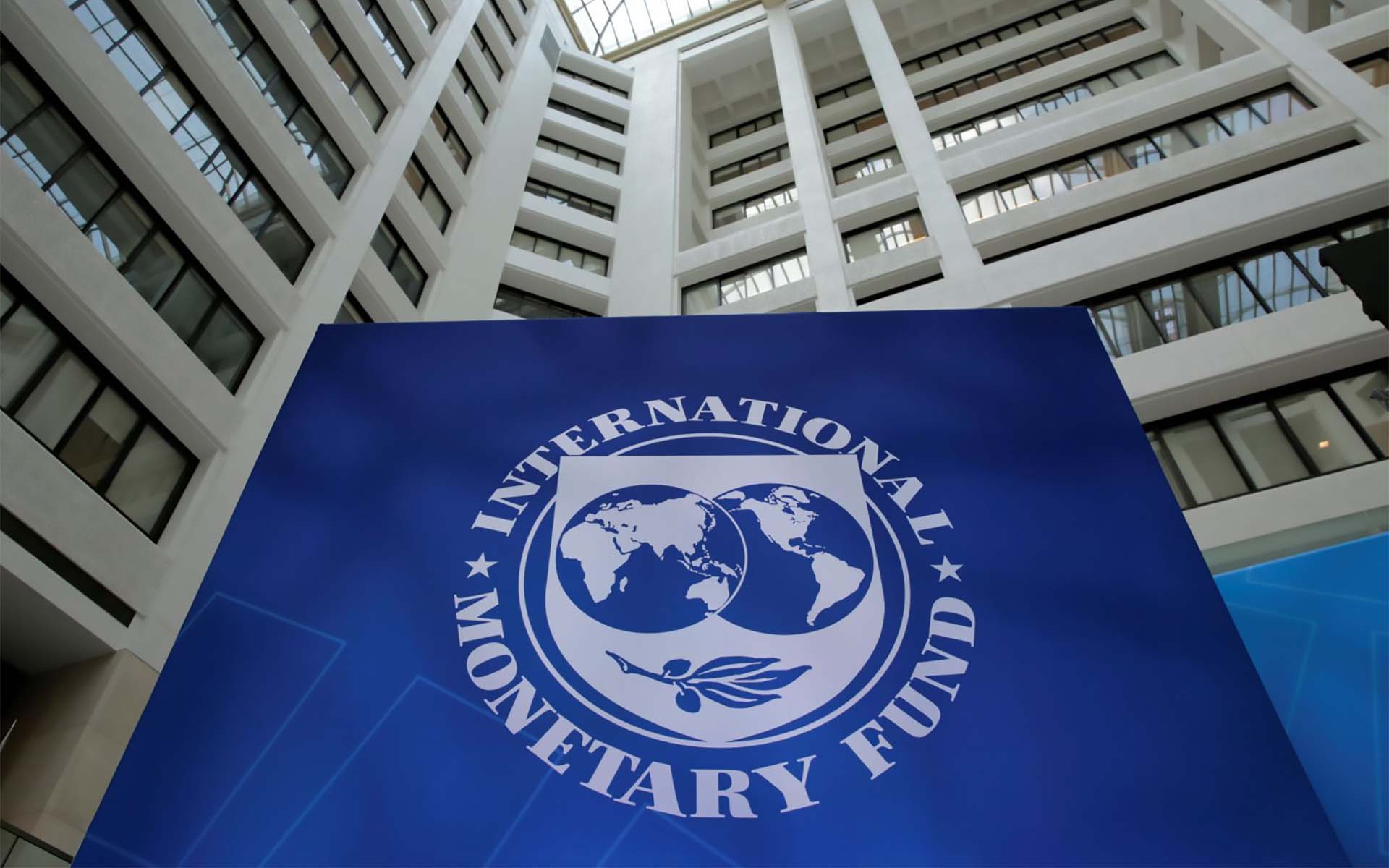DAVOS, Switzerland — The International Monetary Fund (IMF) has become less optimistic about global growth, warning that the outlook remains sluggish and there are no clear signs of a turning point.
The Washington-based institution forecast in October a global growth rate of 3% for 2019 and of 3.4% for 2020. The IMF has now revised down those forecasts to 2.9% and 3.3%, respectively. The downward revision was mostly due to lower growth in India. For 2021, the Fund has forecast a growth rate of 3.4%.
“The projected recovery for global growth remains uncertain. It continues to rely on recoveries in stressed and underperforming emerging market economies, as growth in advanced economies stabilizes at close to current levels,” Gita Gopinath, the IMF’s chief economist, said in a written statement.
Nonetheless, the Fund noted that some of the biggest economic uncertainties, highlighted in October, have dissipated. “Some risks have partially receded with the announcement of a U.S.-China Phase I trade deal and lower likelihood of a no-deal Brexit,” Gopinath said.
The U.S. signed a “phase one” trade deal with China last week. Though the deal has kept some of the existing trade tariffs, it was interpreted as a truce by markets in the heated dispute that started back in 2018. Meanwhile in the U.K., lawmakers have approved an agreement that outlines how the country will leave the European Union, scheduled for January 31. The approval allows the U.K. to avoid an abrupt breakup from the EU later this month and gives more certainty to business and citizens on both sides of the English Channel, at least until the end of 2020.
In addition, the IMF has said that central banks are expected to keep supporting their respective economies. “Monetary policy has continued to support growth and buoyant financial conditions. With these developments, there are now tentative signs that global growth may be stabilizing, though at subdued levels,” Gopinath also said in the report.
However, the IMF is cautious about the state of the global economy going forward, in particular about further trade tensions. “New trade tensions could emerge between the United States and the European Union, and U.S.-China trade tensions could return,” Gopinath said.
The trade relationship between the EU and the U.S. has deteriorated since President Donald Trump was elected in 2016 and ended negotiations between both sides of the Atlantic. Trump has said that Europe is “possibly just as bad as China” when it comes to trade and called it a “brutal” trading partner.
Trump imposed tariffs on European aluminum and steel — which led the EU to impose duties of 25% on $2.8 billion of U.S. products in June 2018. The U.S. president also approved additional duties on Europe regarding airline subsidies and threatened levies on European carmarkers and on French goods, amid a dispute over digital taxation.
According to Gopinath, further trade tensions “alongside rising geopolitical risks and intensifying social unrest could reverse easy financing conditions, expose financial vulnerabilities, and severely disrupt growth.”
“While there are signs of stabilization, the global outlook remains sluggish and there are no clear signs of a turning point. There is simply no room for complacency, and the world needs stronger multilateral cooperation and national-level policies to support a sustained recovery that benefits all,” she concluded.

